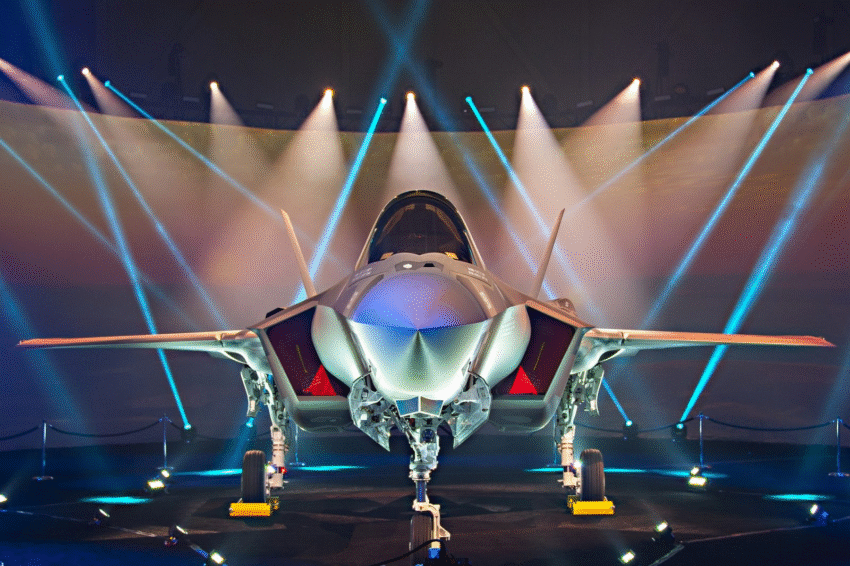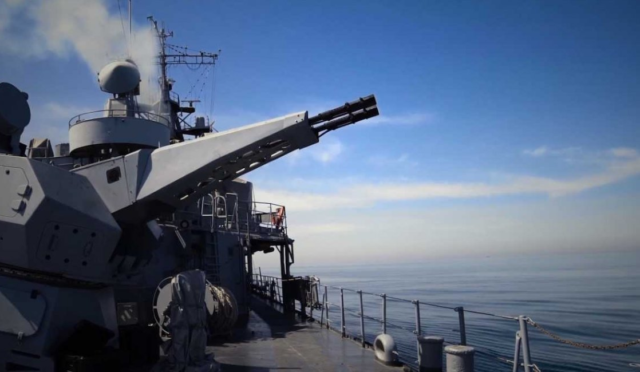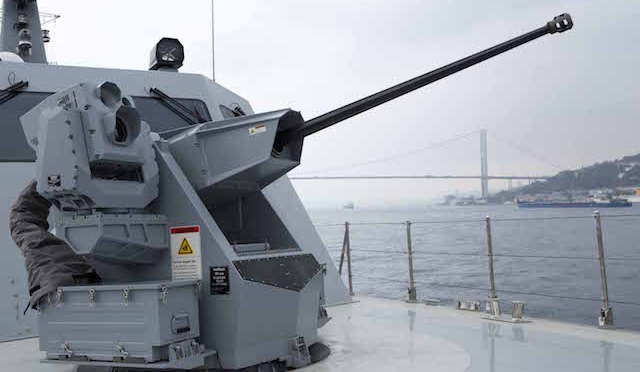The debate over Turkey’s reintegration into the F-35 fighter jet program has resurfaced in recent weeks, once again exposing underlying tensions within the NATO alliance. A recent report from the Center for American Progress (CAP), a think tank aligned with the U.S. Democratic Party, argues against the sale of F-35s to Turkey. Yet, the report overlooks critical strategic facts and Turkey’s indispensable role within NATO.
The CAP’s main argument revolves around Turkey’s acquisition of the Russian-made S-400 air defense system, which they claim threatens the security of the F-35 program by potentially exposing sensitive stealth technology to Russia. However, these concerns appear to be driven more by political anxieties than by solid technical evidence.
First and foremost, it must be acknowledged that Turkey is not merely a customer but a founding partner of the F-35 program. For years, Turkey’s defense industry has played an essential role in manufacturing critical components for the F-35, contributing both financially and industrially to the program’s success. Turkey’s multibillion-dollar investment cannot be easily dismissed.
Moreover, Turkey has repeatedly declared that the S-400 system will remain completely isolated from NATO infrastructure, ensuring that alliance data security is not compromised. This clear commitment underscores Turkey’s dedication to preserving its strategic reliability, contrary to the claims presented by the CAP report.
Turkey’s geographic position and military capabilities make it a cornerstone of NATO’s southern flank. A security architecture that excludes Turkey is not only unrealistic but directly undermines the alliance’s effectiveness. In volatile regions such as the Black Sea, the Middle East, and the Eastern Mediterranean, Turkey’s active role is vital to maintaining stability and deterrence. Marginalizing Turkey ultimately weakens NATO’s collective defense posture.
Despite occasional tensions between Ankara and Washington, both nations share overlapping strategic interests that necessitate continued cooperation. The F-35 dispute is merely one reflection of broader dynamics in the bilateral relationship. Excluding Turkey from the F-35 program is not just a technical decision but a short-sighted political move that risks damaging NATO cohesion.
The CAP report fails to appreciate Turkey’s consistent contributions as a reliable NATO ally and reduces the issue to narrow, surface-level security concerns. In reality, long-term strategic thinking makes clear that Turkey’s return to the F-35 program is in the best interest of both the United States and the alliance as a whole.
The critical question remains: Can Turkey and the United States overcome political friction to strengthen their partnership against common threats, or will short-term mistrust continue to overshadow this essential alliance?
Turkey has repeatedly demonstrated its commitment to its responsibilities. Now, it is time for its allies to set aside prejudices and adopt a rational, comprehensive approach to this issue.







